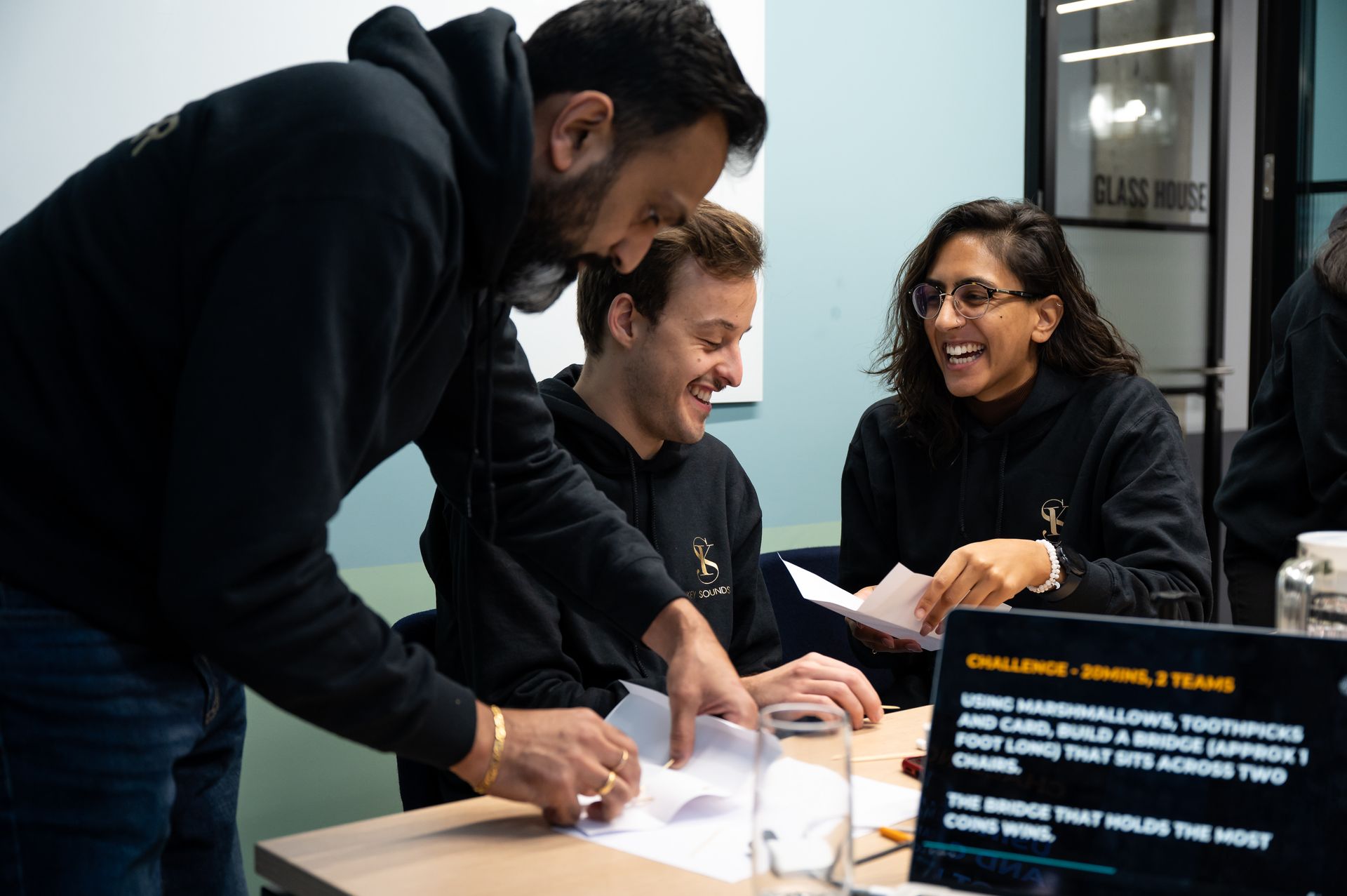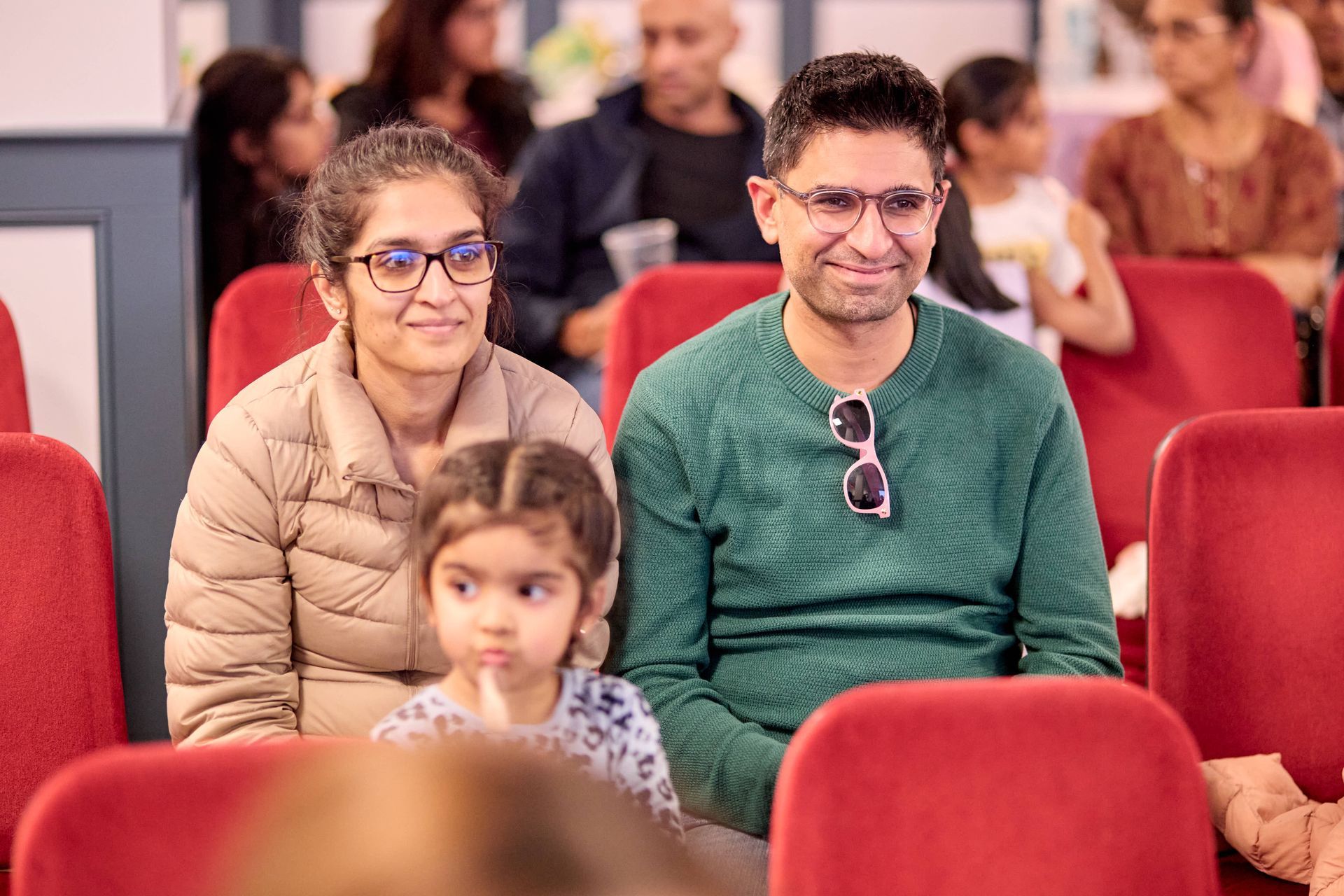What to Consider When Changing Your Piano Teacher
How Do I Know When to Change Piano Teacher?
Choosing the right piano teacher can profoundly impact a child’s musical journey, but sometimes, the best path forward involves change. Before considering a switch, it’s important to recognize that every teacher brings unique strengths, and not every bump in the road signals the need for a new instructor. Challenges like a tough piece or frustration over progress are natural parts of learning.
However, if a student feels consistently unmotivated or a teacher’s methods clash with their learning style, it might be time to evaluate the situation.
Signs that it could be time for a change include stagnation in progress:
1. A lack of connection between teacher and student
2. A shift in the student’s goals that the current teacher isn’t equipped to support - for instance, a student focusing on advanced classical repertoire might need a specialist, while a budding songwriter may thrive with someone versed in improvisation or composition.
3. Logistical issues like scheduling or location are creating unnecessary stress - open communication with the teacher can often address these concerns, but sometimes, switching is the best option to reignite a student’s passion for playing.
Switching teachers is not a failure; it’s a thoughtful decision to prioritize what’s best for the student’s growth. Musical journeys are deeply personal, and the teacher-student relationship plays a pivotal role in fostering confidence and creativity. If a switch is necessary, approach it with kindness and gratitude for the teacher’s contributions so far.
Remember, finding the right teacher is about aligning with the student’s evolving needs, and making that change can be a powerful step toward nurturing a lifelong love for music. Get in touch to find out more information here: www.keysoundsuk.com/contact



